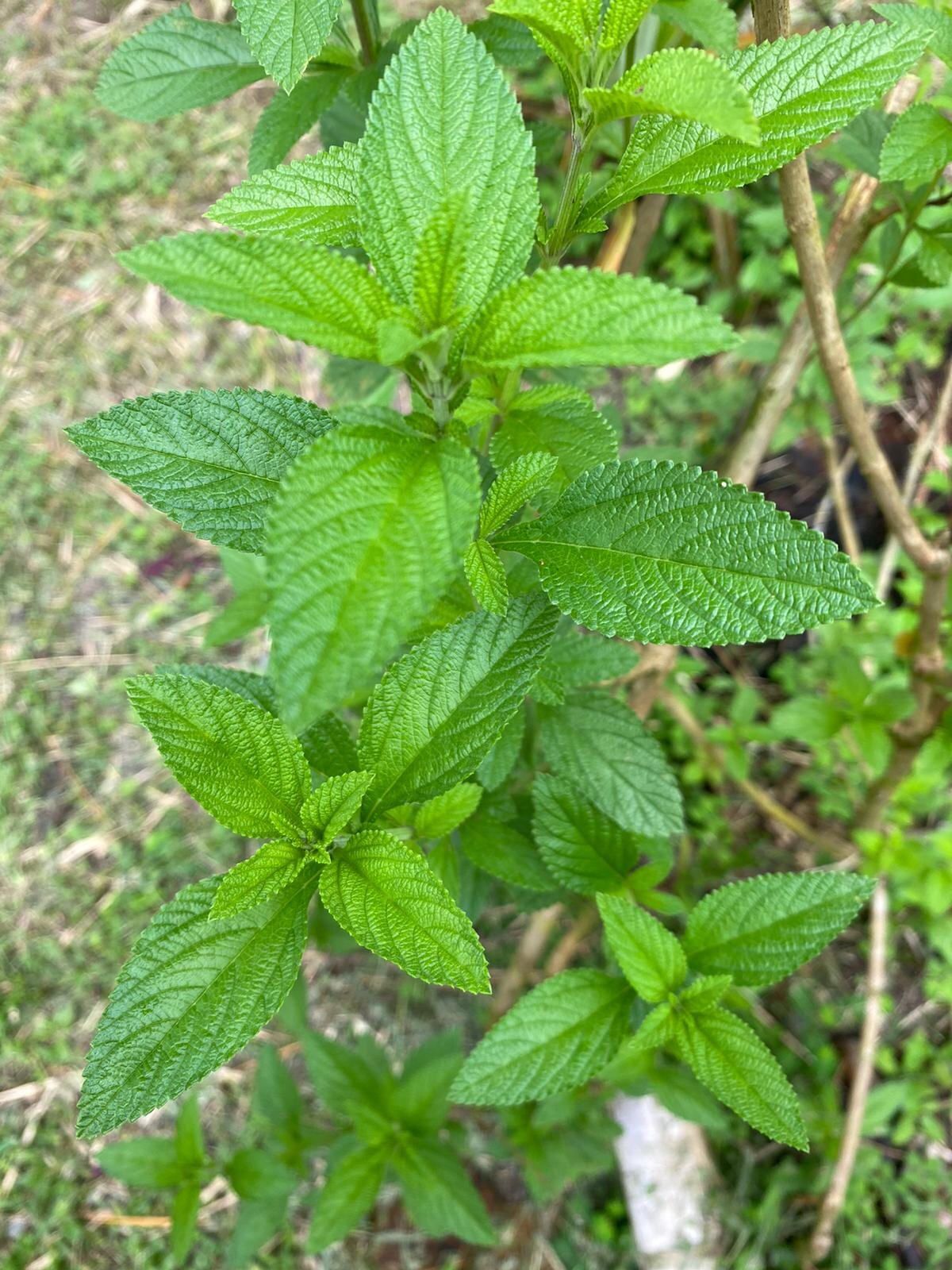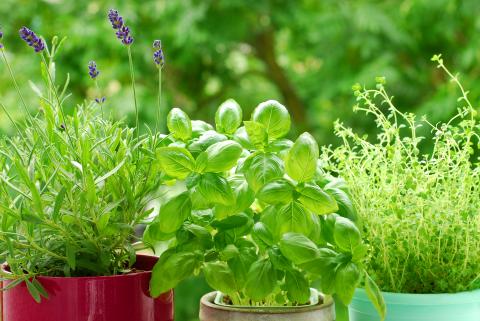Lemon Balm Companion Vegetables That Will Boost Your Garden
Lemon Balm Companion Vegetables That Will Boost Your Garden
Lemon balm is a fragrant herb that has been used for centuries for its medicinal and culinary properties. It is also a popular companion plant, meaning that it can be grown alongside other vegetables to benefit both plants.
In this blog post, we will discuss the best lemon balm companion vegetables and how they can help to boost your garden. We will also provide some tips on how to plant and care for these companion plants.
Benefits of Companion Planting
Companion planting is a gardening practice that involves planting certain plants together to benefit each other. There are many different benefits to companion planting, including:
- Increased crop yields: Companion plants can help to attract beneficial insects, which can help to control pests and diseases. They can also help to improve soil fertility and drainage.
- Improved plant health: Companion plants can help to protect each other from pests and diseases. They can also help to improve plant growth and flowering.
- Reduced workload: Companion planting can help to reduce the amount of weeding and watering that is needed.
- Increased biodiversity: Companion planting can help to increase the biodiversity of your garden, which can benefit both plants and wildlife.
Lemon Balm Companion Vegetables
Lemon balm is a versatile companion plant that can be grown alongside a variety of vegetables. Some of the best lemon balm companion vegetables include:
- Tomatoes: Lemon balm can help to improve the flavor of tomatoes and protect them from pests such as tomato hornworms.
- Squash: Lemon balm can help to repel squash bugs and other pests from squash plants.

- Broccoli: Lemon balm can help to improve the taste of broccoli and protect it from pests such as cabbage moths.

- Cabbage: Lemon balm can help to repel cabbage moths and other pests from cabbage plants.

- Carrots: Lemon balm can help to improve the taste of carrots and protect them from pests such as carrot flies.

- Dill: Lemon balm and dill are both members of the mint family, and they grow well together. Dill can help to attract pollinators to lemon balm plants.

- Basil: Lemon balm and basil are both aromatic herbs that can help to repel pests. They also make a delicious tea when brewed together.

- Melons: Lemon balm can help to improve the flavor of melons and protect them from pests such as cucumber beetles.

- Other herbs: Lemon balm can also be grown alongside other herbs, such as thyme, rosemary, and sage. These herbs can help to repel pests and diseases, and they can also make your garden smell wonderful.
How to Plant and Care for Lemon Balm Companion Vegetables
When planting lemon balm companion vegetables, it is important to consider the size and growth habits of each plant. For example, tomatoes and squash are large plants that need plenty of space, so they should not be planted too close together. Carrots and dill are smaller plants that can be planted closer together.
It is also important to plant lemon balm companion vegetables in full sun. Lemon balm prefers well-drained soil, but it can tolerate some shade.
Once your lemon balm companion vegetables are planted, you should water them regularly, especially during hot, dry weather. You should also fertilize them every few weeks with a balanced fertilizer.
Conclusion
Lemon balm is a versatile herb that can be grown alongside a variety of vegetables. By planting lemon balm companion vegetables, you can improve the health and productivity of your garden.
Lemon balm is a versatile herb that can be used in a variety of ways, both culinary and medicinal. It is also a great companion plant for many vegetables. Some of the best lemon balm companion vegetables include:
- Dill: Dill and lemon balm both have strong aromas that can deter pests, such as cabbage moths and aphids. They also complement each other's flavors well.
- Basil: Basil and lemon balm are both members of the mint family, and they grow well together. Basil can help to improve the flavor of lemon balm, and lemon balm can help to deter pests from basil.
- Squash: Squash and lemon balm are both heavy feeders, so they can benefit from being planted together. Lemon balm can also help to deter squash bugs from squash plants.
- Tomatoes: Tomatoes and lemon balm are both susceptible to pests, so planting them together can help to protect them from each other's predators. Lemon balm can also help to improve the flavor of tomatoes.
- Broccoli: Broccoli and lemon balm are both members of the cabbage family, and they can benefit from being planted together. Lemon balm can help to deter pests from broccoli, and broccoli can help to improve the flavor of lemon balm.
For more information about lemon balm companion vegetables, please visit Gardenia Inspiration.
FAQ of lemon balm companion vegetables
Q1: What are some good companion plants for lemon balm?
A: Lemon balm is a member of the mint family, and as such, it can be quite aggressive. It is important to choose companion plants that will not compete with lemon balm for water, nutrients, or space. Some good companion plants for lemon balm include:
- Carrots: Lemon balm's strong aroma helps to repel pests that can damage carrots, such as carrot flies and cabbage moths.
- Broccoli: Lemon balm can help to improve the flavor of broccoli, and it can also help to deter pests such as cabbage moths and aphids.
- Cabbage: Lemon balm's strong aroma can help to deter pests that can damage cabbage, such as cabbage moths and loopers.
- Tomatoes: Lemon balm can help to improve the flavor of tomatoes, and it can also help to deter pests such as whiteflies and spider mites.
- Squash: Lemon balm's strong aroma can help to deter pests that can damage squash, such as squash bugs and cucumber beetles.
Q2: What vegetables should I avoid planting near lemon balm?
A: There are a few vegetables that you should avoid planting near lemon balm, as they can compete with it for water, nutrients, or space. These vegetables include:
- Basil: Basil and lemon balm are both members of the mint family, and they can be quite aggressive. Planting them together can lead to overcrowding and stunting of growth.
- Rosemary: Lemon balm and rosemary have different water needs. Rosemary prefers drier soil, while lemon balm prefers moist soil. Planting them together can lead to one plant being waterlogged and the other plant being underwatered.
- Oregano: Oregano and lemon balm have different soil pH requirements. Oregano prefers slightly acidic soil, while lemon balm prefers slightly alkaline soil. Planting them together can lead to one plant being stressed and the other plant being thriving.
Q3: How can I use lemon balm as a companion plant to repel pests?
A: Lemon balm's strong aroma can help to repel a variety of pests, including:
- Cabbage moths: Cabbage moths are attracted to the smell of cabbage, but they are repelled by the smell of lemon balm. Planting lemon balm near cabbage can help to deter cabbage moths from laying their eggs on the cabbage plants.
- Aphids: Aphids are small, sap-sucking insects that can damage a variety of plants. Lemon balm's strong aroma can help to repel aphids, and it can also help to attract beneficial insects, such as ladybugs, that prey on aphids.
- Spider mites: Spider mites are tiny, spider-like insects that can damage plants by sucking their sap. Lemon balm's strong aroma can help to repel spider mites, and it can also help to attract beneficial insects, such as predatory mites, that prey on spider mites.
Q4: How can I use lemon balm as a companion plant to attract pollinators?
A: Lemon balm's fragrant flowers are attractive to a variety of pollinators, including bees, butterflies, and hummingbirds. Planting lemon balm near other flowering plants can help to attract pollinators to your garden, which can help to improve the pollination of your plants and increase your yields.
Q5: What are some other benefits of planting lemon balm as a companion plant?
A: In addition to repelling pests and attracting pollinators, lemon balm can also provide a number of other benefits as a companion plant. For example, lemon balm can:
- Improve the flavor of other vegetables: The strong aroma of lemon balm can help to improve the flavor of other vegetables, such as tomatoes, carrots, and squash.
- Decrease the risk of disease: Lemon balm has antibacterial and antifungal properties, which can help to reduce the risk of disease in other plants.
- Improve the soil quality: Lemon balm is a nitrogen-fixing plant, which means that it can help to improve the nitrogen content of the soil. This can benefit other plants that require nitrogen, such as tomatoes, broccoli, and cabbage.
Image of lemon balm companion vegetables
Here are 5 images of lemon balm companion vegetables from Pinterest:
- Lemon balm and tomatoes. Lemon balm can help to repel tomato hornworms, a common pest of tomatoes.

- Lemon balm and broccoli. Lemon balm can help to deter cabbage moths, another common pest of broccoli.

- Lemon balm and squash. Lemon balm can help to repel squash bugs, a serious pest of squash plants.
- Lemon balm and nasturtiums. Nasturtiums are a flowering plant that can help to attract beneficial insects, such as ladybugs, which can help to control pests in your garden. Lemon balm can also help to deter aphids, another common pest of nasturtiums.

- Lemon balm and carrots. Lemon balm can help to repel carrot flies, a common pest of carrots.

Post a Comment for " Lemon Balm Companion Vegetables That Will Boost Your Garden"